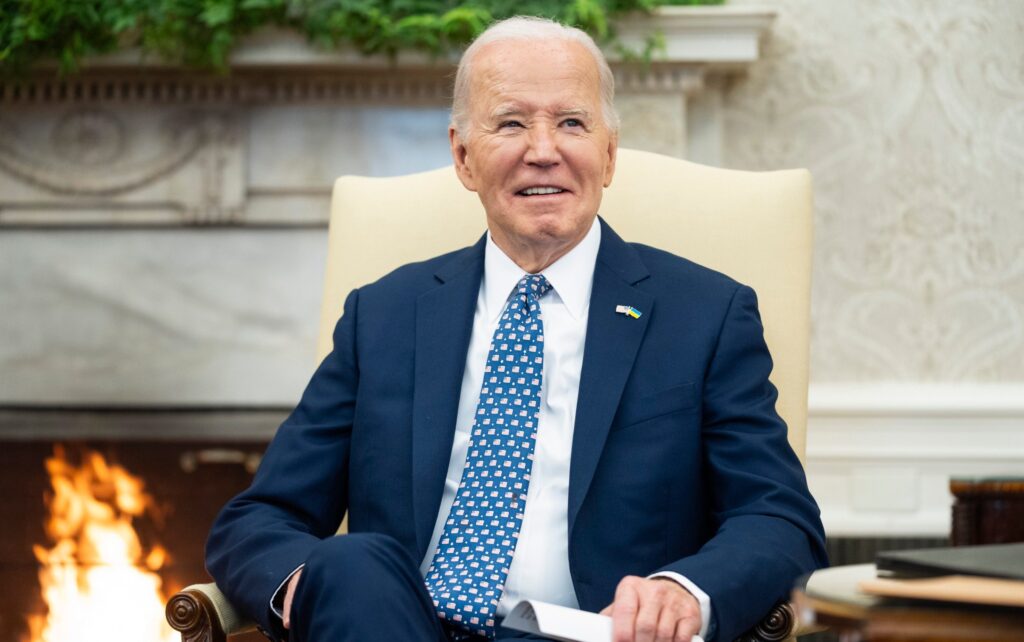Biden Urged to Bar Chinese Electric Cars, Warned of National Security Risks

President Joe Biden faces mounting pressure to prohibit the importation of Chinese-made electric vehicles (EVs) into the United States, with Senator Sherrod Brown, Chair of the Senate Banking Committee, asserting that such vehicles pose an “existential threat” to the American auto industry. The senator’s remarks, echoing the sentiments of other lawmakers, including calls for imposing substantial tariffs, mark a significant escalation in the ongoing debate surrounding the issue.
In February, the White House initiated an investigation into whether Chinese-manufactured cars present a national security threat, citing concerns over potential data collection by these vehicles. Senator Brown emphasised the urgency of preventing what he referred to as “government-backed cheating” from harming the American auto sector, particularly given China’s status as the world’s largest car producer and a leading exporter.
President Biden previously voiced apprehension about China’s policies potentially flooding the US market with vehicles, pledging not to allow such a scenario during his presidency. The White House underscored worries about the technology embedded in Chinese EVs, cautioning that internet-connected cars could compromise sensitive data and infrastructure security.
During her recent visit to China, US Treasury Secretary Janet Yellen cautioned against a recurrence of the “China shock” experienced in the early 2000s, emphasising Washington’s vigilance against harmful trade practices. In response, China’s vice finance minister expressed concerns about US trade and investment restrictions, citing China’s competitive advantages stemming from its extensive market and industrial capabilities.
Additionally, major US airlines urged the Biden administration to suspend approvals for new flights between the US and China, citing concerns about China’s allegedly anti-competitive policies disadvantaging American carriers. The ongoing trade tensions between the two economic giants, which have persisted since 2018, have witnessed reciprocal tariffs and fluctuations in bilateral trade volumes.
Despite the challenges posed by the trade dispute, the Biden administration has maintained tariffs on Chinese goods, with bilateral trade volumes experiencing notable declines in recent years. As debates over trade policies and national security concerns intensify, the future of US-China economic relations remains uncertain.
